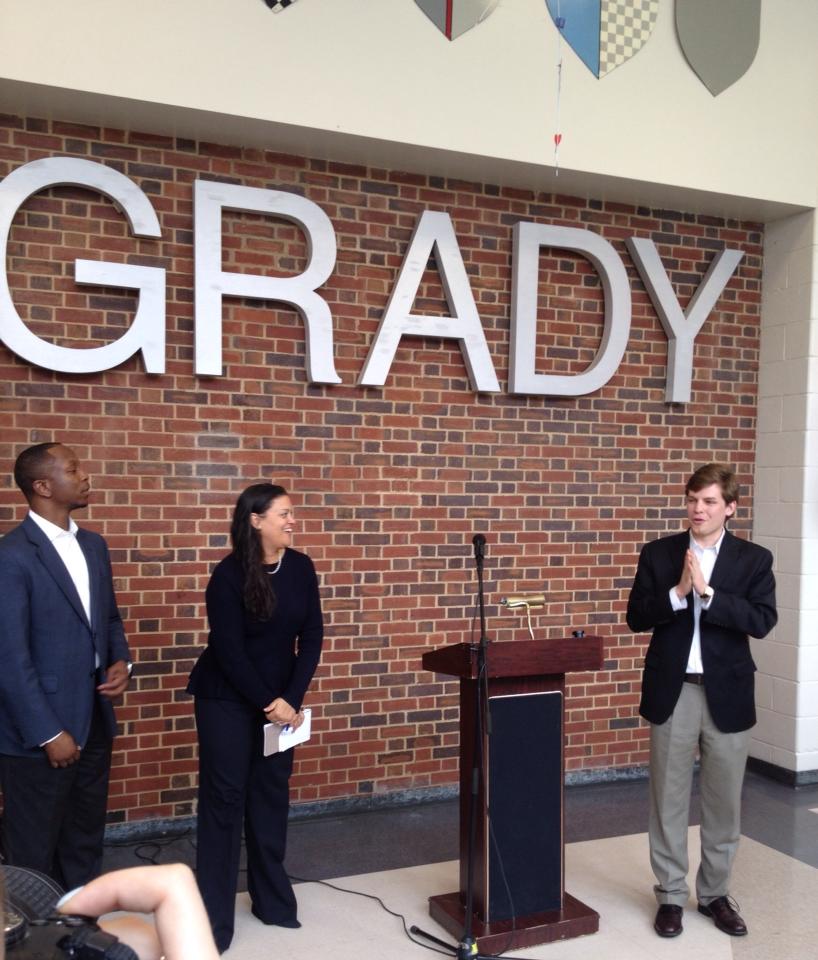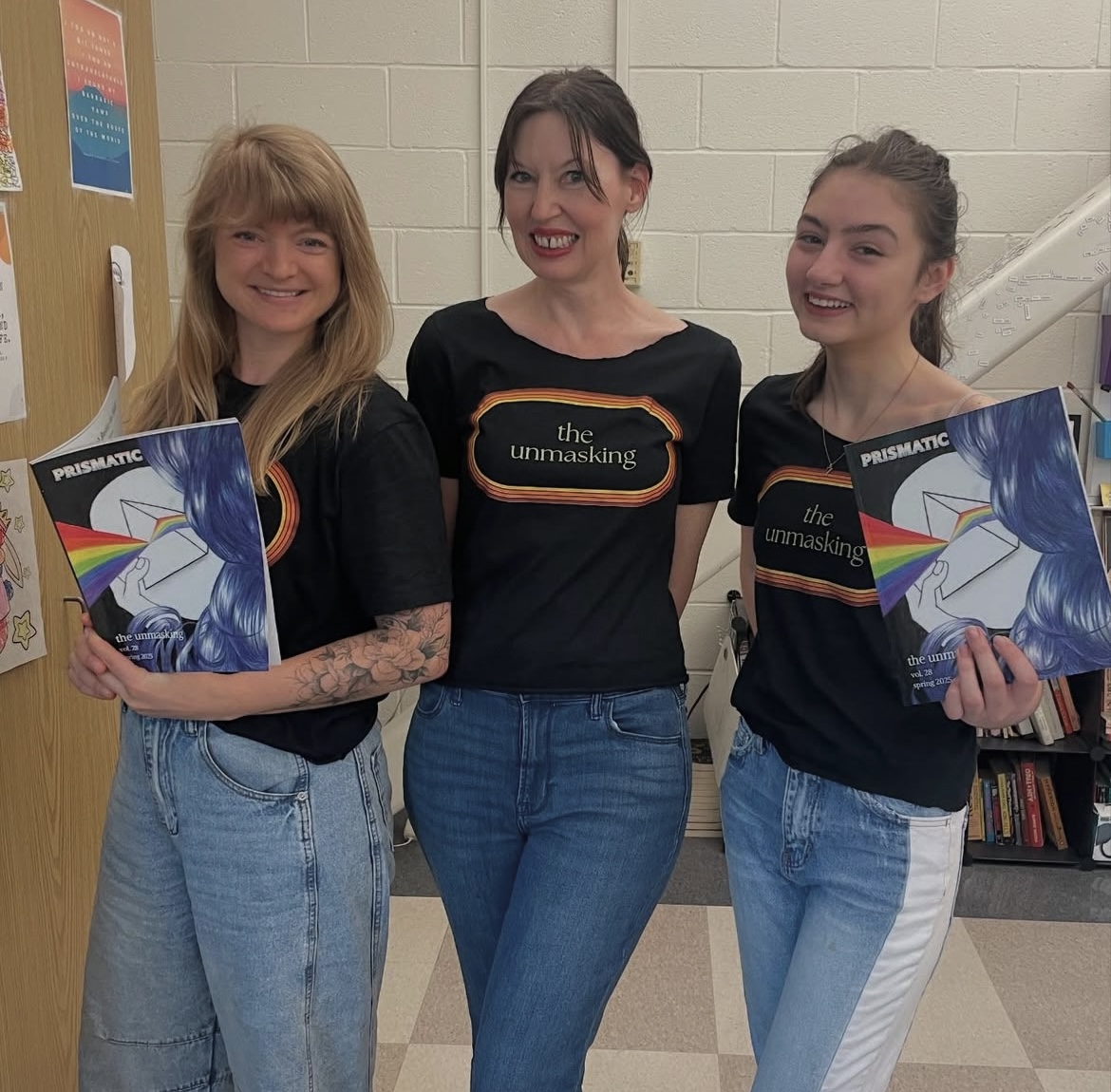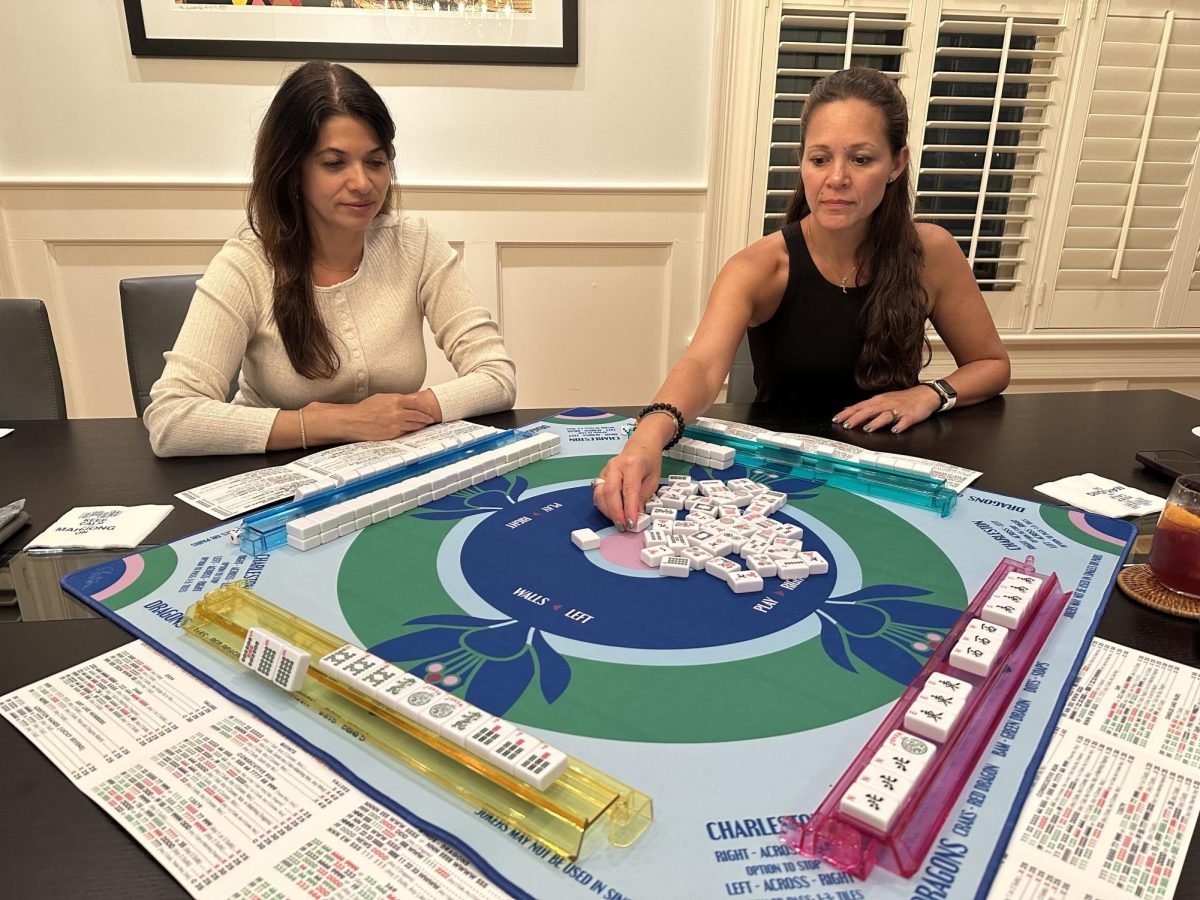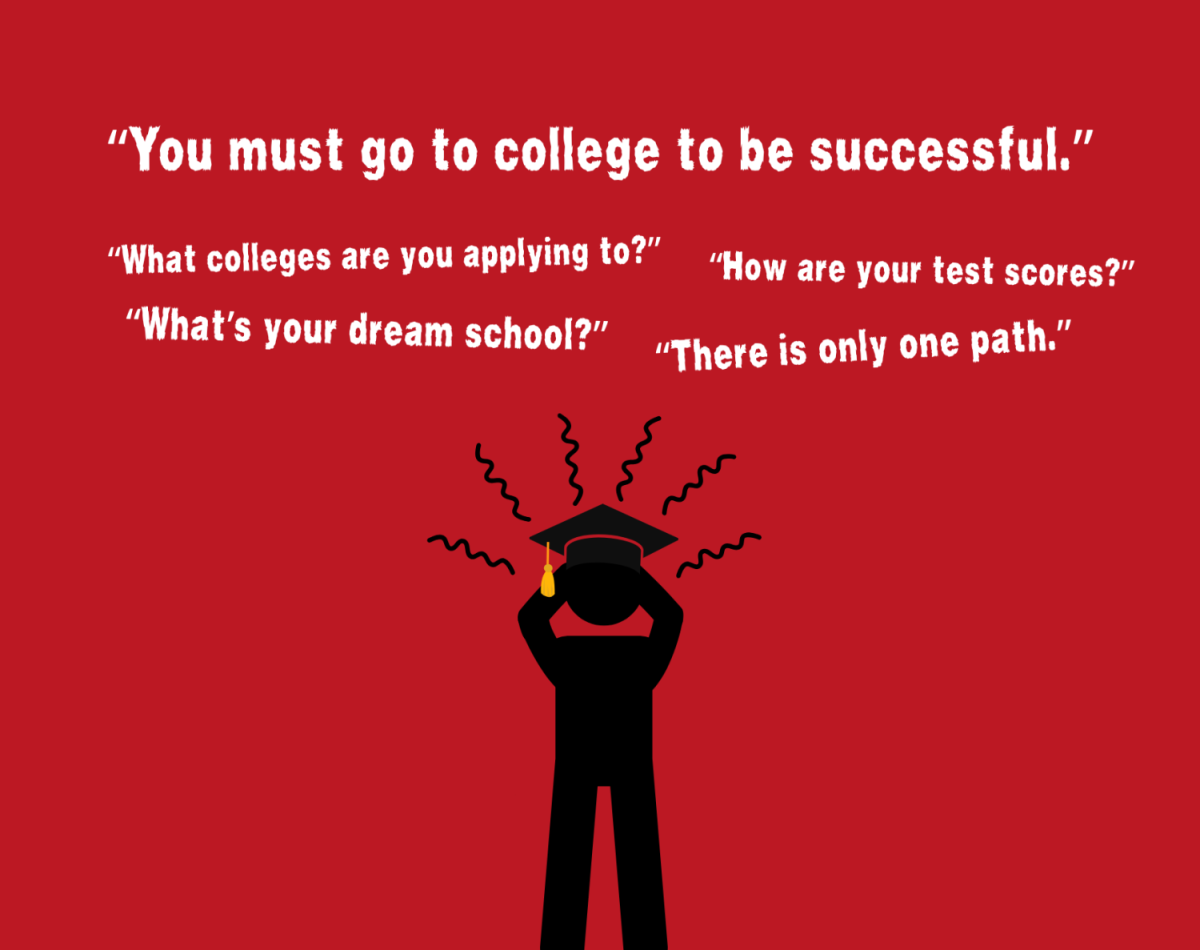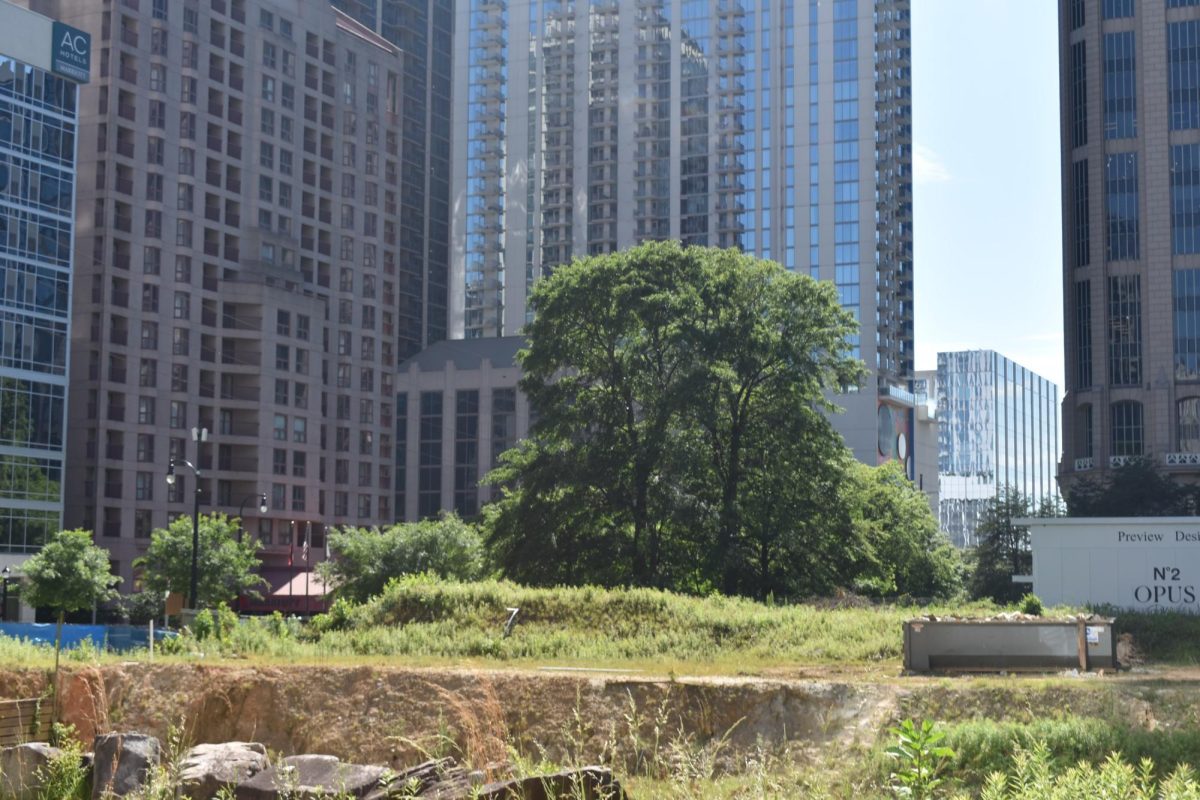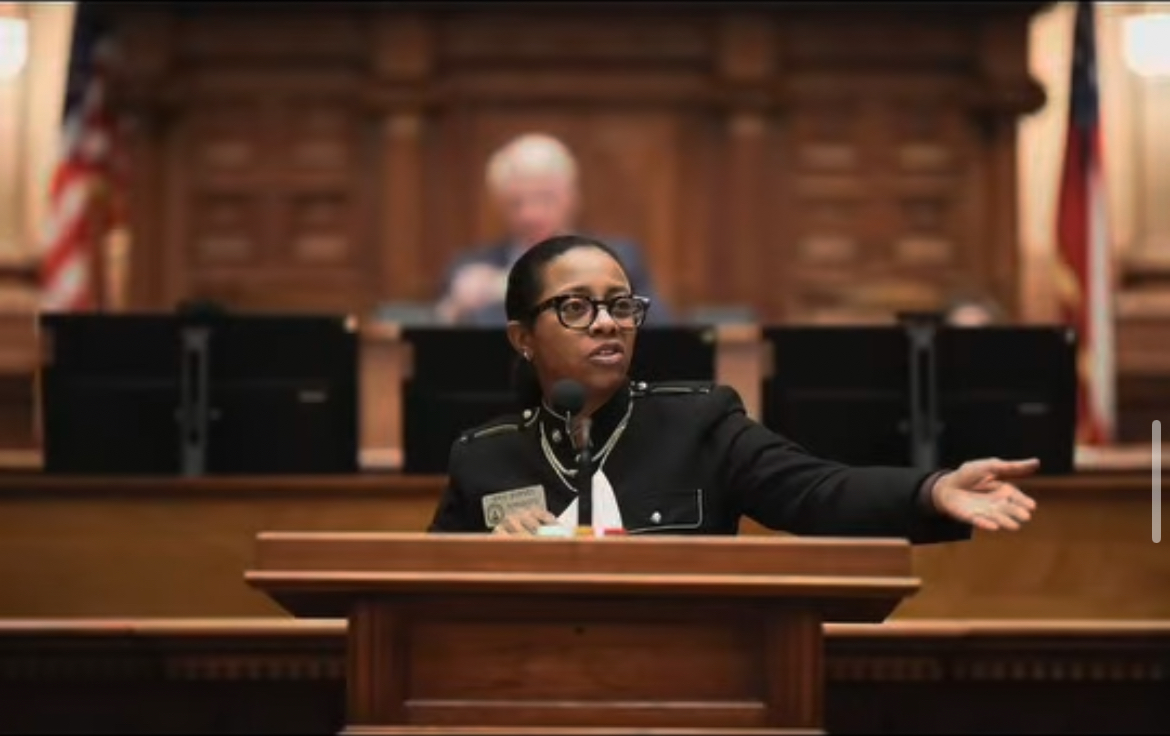
Southerner editor Quinn Mulholland spoke with Dr. Meria Carstarphen, the sole finalist to be the district’s next superintendent, after a community open house at Grady in which she met members of the community. Here is what Carstarphen said:
On her biggest priorities: “There are a few, depending on where we are by the time everything gets resolved. Principal leadership is really important. We have a lot of vacancies that need to be filled, and sorted out so we can get leadership in place. There’s the ramp-up for the next school year, you want everything to start on time, be on time, have a great start to the next school year, and so there’s a bit of a countdown that happens there. I know that we have some budget challenges, I will be talking to the board to understand a little bit more about our situation with pensions, and trying to address that for the long term. And you know, of course, there’s a lot of work around academics. All schools are not created equal, all outcomes have not been the same, so we’re going to do probably a really big push about recovering students that have not graduated, that need to get back on track, that’s really important. I’ve heard that over and over again. And then I think there are a lot of schools that are really on the right track and I want to be sure that we’re reinforcing and supporting those things, and providing them the opportunity to continue to excel.”
On removing principals: “The voice on principal work that is important for the community is absolutely around principal selection. I mean, it’s the place where we come together to make sure that we find the right leader, a little bit like what I’m doing, to match to a school. Now, the work around monitoring and evaluating is a very statutorily driven by a lot of things that we have to do to ensure that it’s a process that meets the expectations of the law and what we’re supposed to do around educator quality. So not anyone, not everybody can evaluate the performance of a principal. That can’t happen, that wouldn’t be fair to a principal. But part of the information we collect about a principal should be parent surveys, student satisfaction surveys, and those things go into the mix, and it’s about how much you weight that, that becomes important, and that’s how you can get your feedback into the principal evaluation, so there is a role, it’s where it is, and doing direct supervision is not it, but being able to tell us about the experience you’re having and whether or not you’re satisfied, that can be part of the role, and when it works well, it helps keep schools stronger.”
On her planned use of standardized tests: “It’s called a balanced scorecard. It’s the concept that, yes, academics is a part of the story, but there are other things, like school climate, like I said, student survey results, things like arts and athletics and attendance and engagement, so there are ways to show that a school has more going for it. Even within the data of achievement, there’s hitting the target, and then there’s growth, and there’s looking at individual student groups, so you might have a lot of high-fliers in one particular student demographic area, and there might be another group that, in a school that’s, on the surface, looking really good, but isn’t performing well within the school. And so you want to tease all that out, and just aggregate it, so that you’re not judging the whole school by one indicator, and having a balanced scorecard that the community values and that you’re able to say, ‘We all agree these are the things that we would judge a school on whether or not it’s healthy, and a place that kids and staff want to be, and they learn, and they’re able to teach.’ You want to get those criteria down, and then have that in the scorecard for reporting purposes.”

